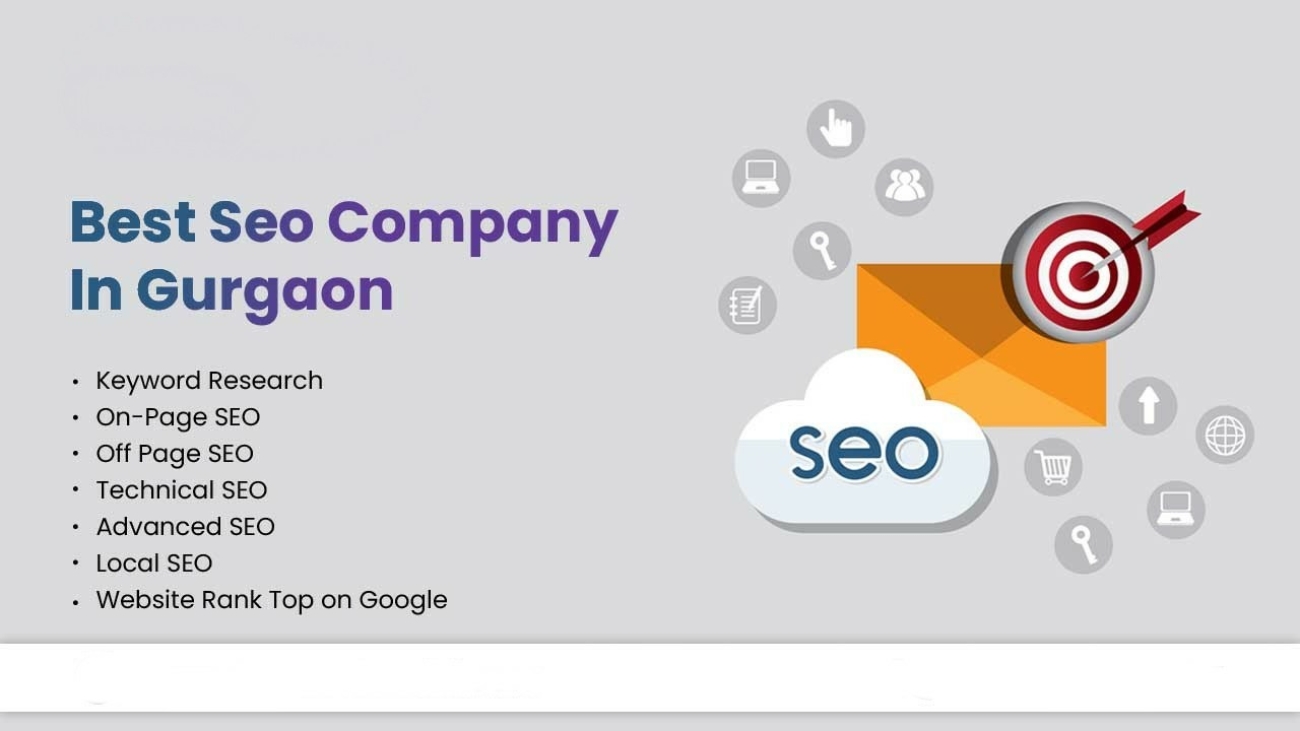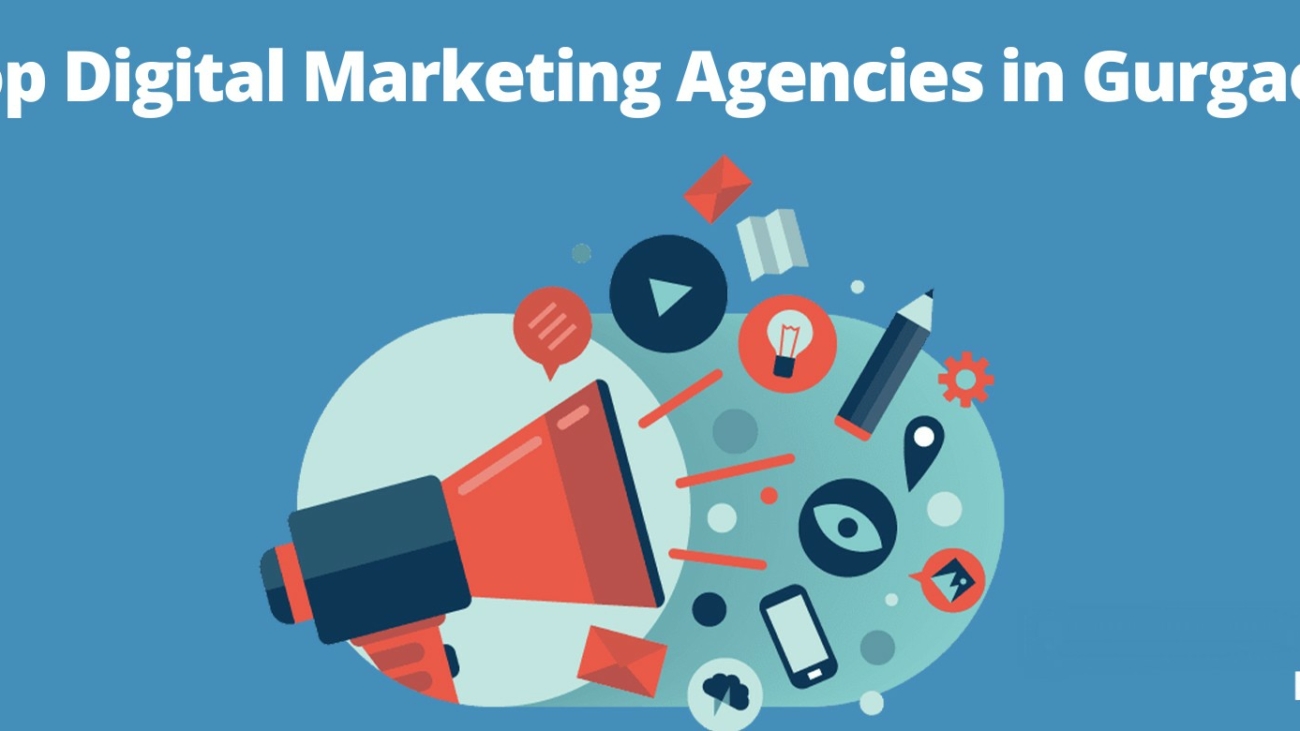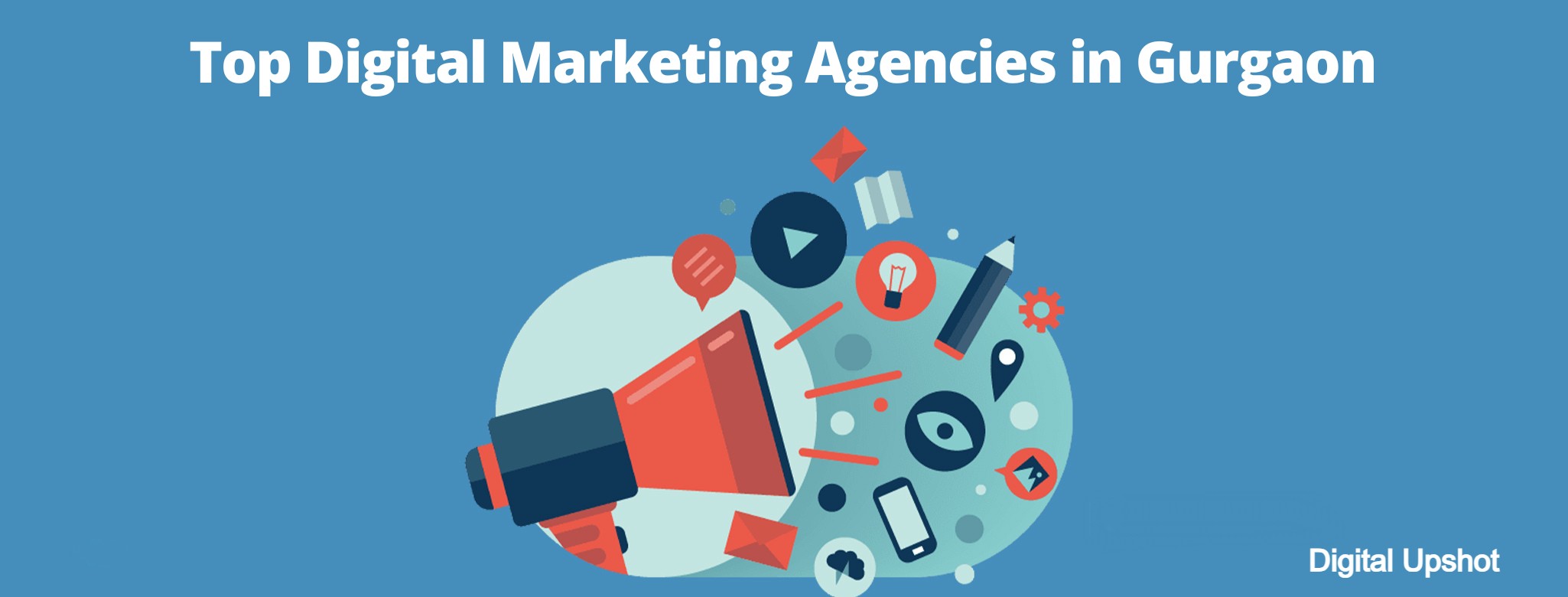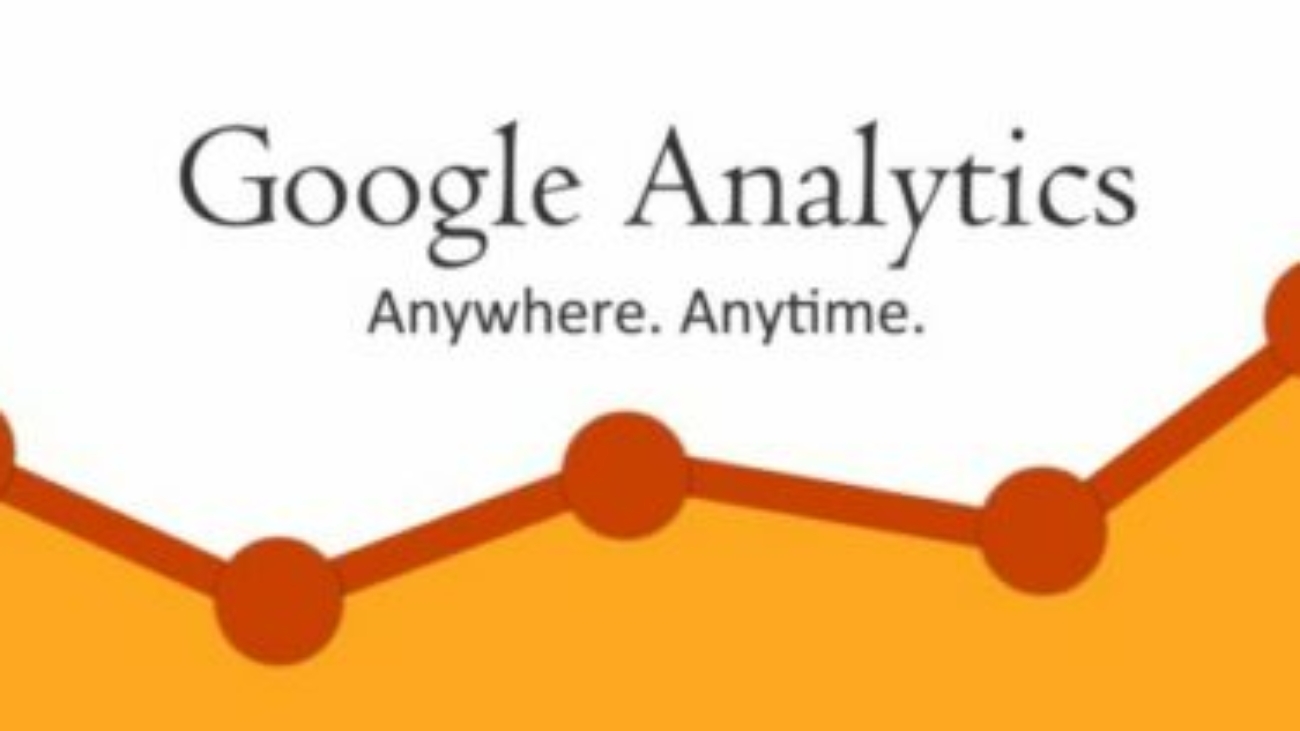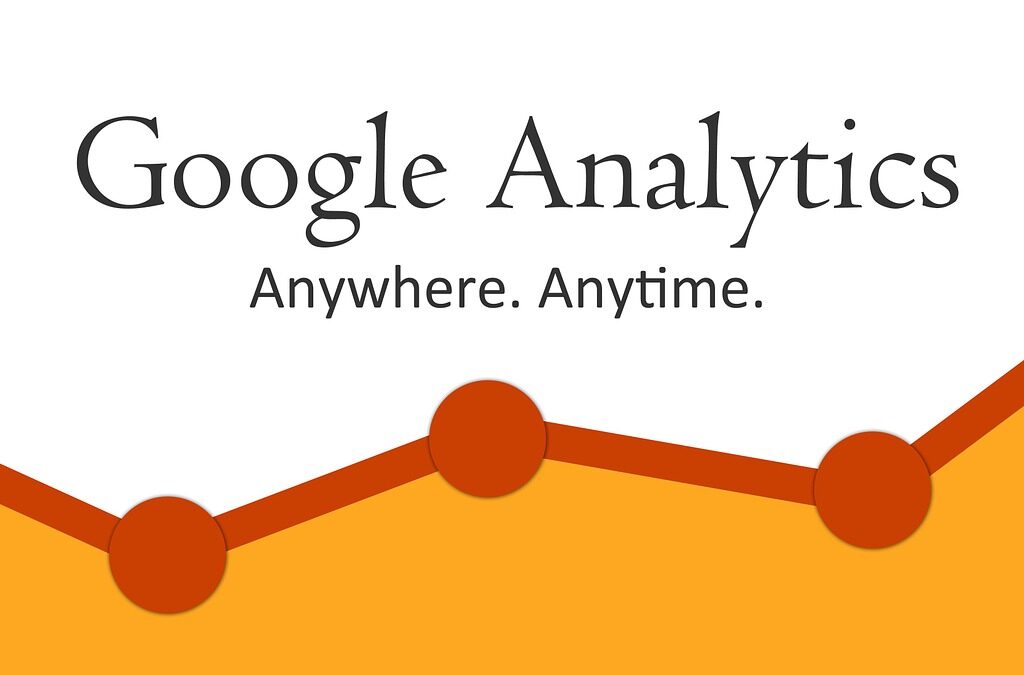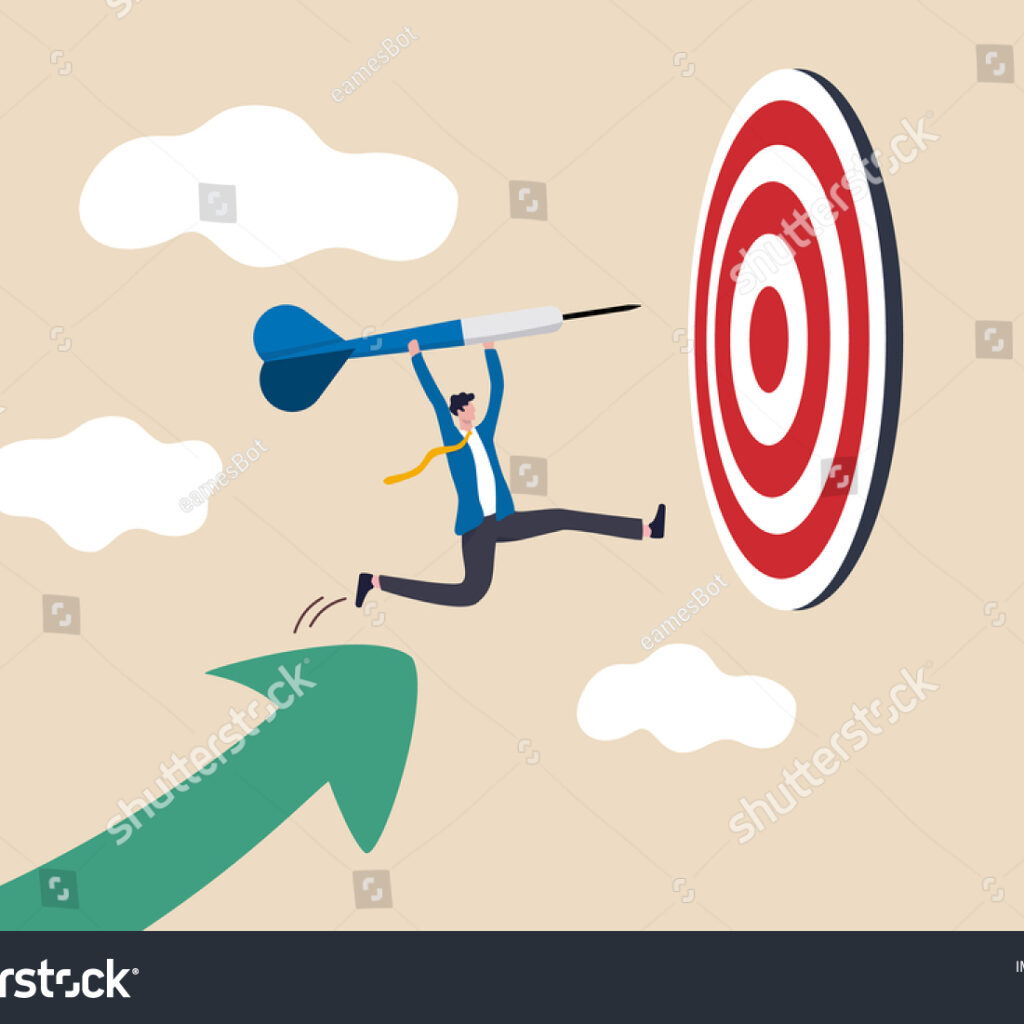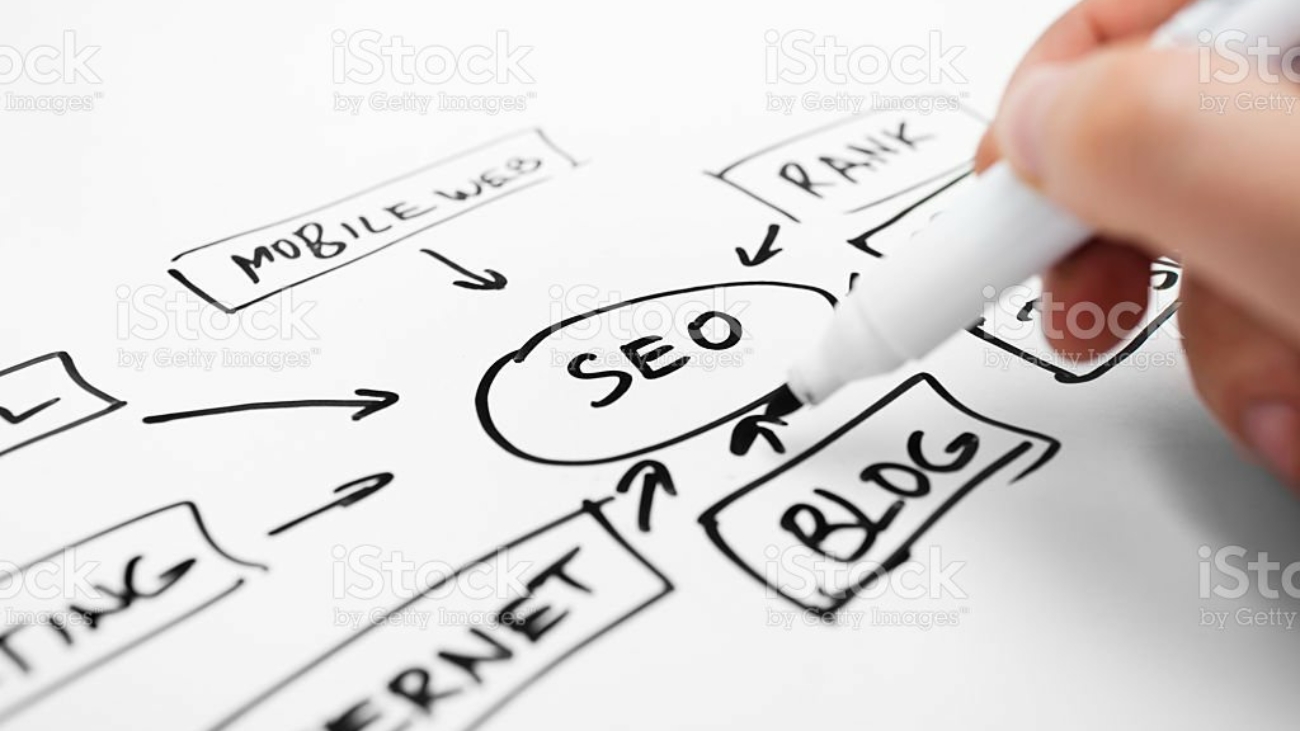The Best SEO Services’ Companies in Gurgaon
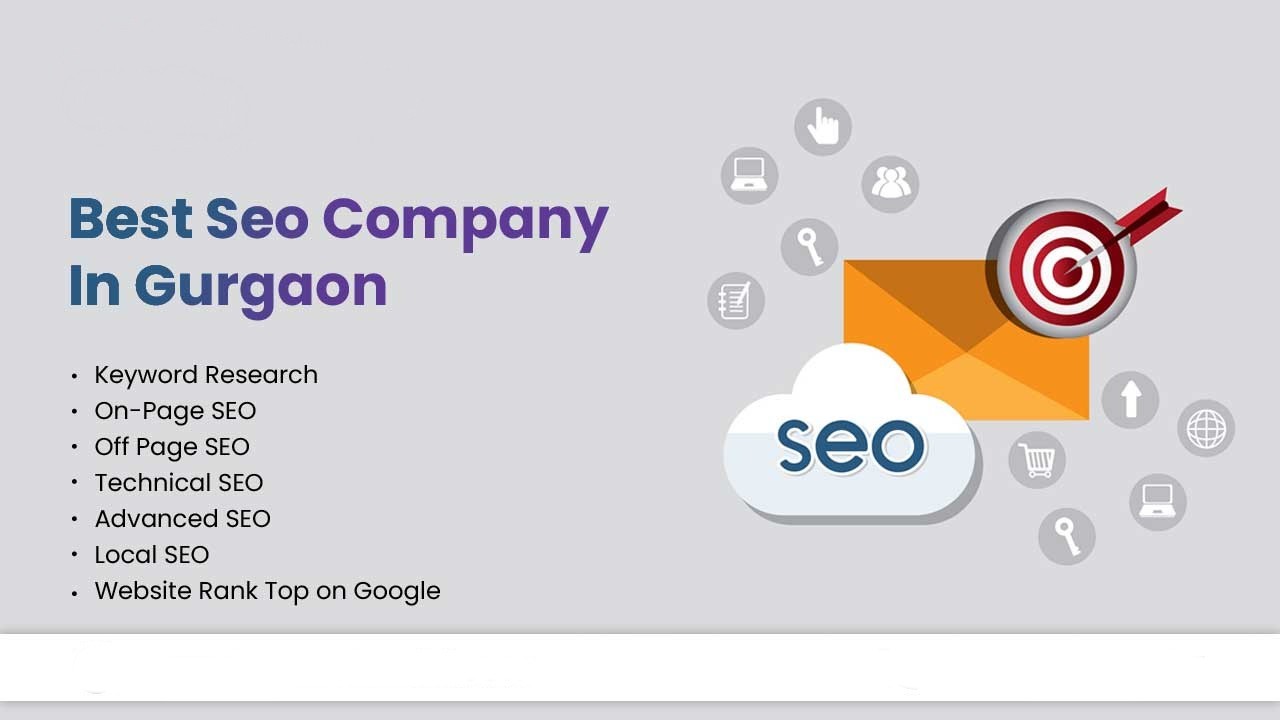
In today’s highly competitive digital landscape, businesses strive to establish a strong online presence and attract a wider audience. In response to these changing needs, Search Engine Optimization (SEO) has emerged as a crucial tool for achieving these goals. By optimizing various aspects of a website, businesses can improve their visibility and organic rankings in search engine results pages (SERPs). In this blog, we will explore what SEO is, why it is important for businesses, and delve into the best SEO services companies in Gurgaon. By understanding their capabilities, businesses can make informed decisions and leverage SEO to maximize their online potential and drive growth.
But first, what is SEO?
SEO (Search Engine Optimization) is the practice of improving a website’s visibility and organic rankings in search engine results pages (SERPs). It involves optimizing various aspects of a website, such as content, structure, and user experience, to align with search engine algorithms and guidelines. SEO is important for businesses because it helps them increase their online visibility and reach a wider audience. When a website ranks higher in search results, it is more likely to attract organic traffic, which can lead to more potential customers and increased brand exposure.
By optimizing their website for search engines, businesses can improve their chances of appearing in relevant search queries. This targeted visibility can generate highly qualified leads and drive more organic traffic to their website, resulting in improved conversion rates and potential business growth. Moreover, SEO enables businesses to establish credibility and trust with their target audience. When a website ranks high in search results, it often conveys authority and reliability. Users are more likely to trust websites that appear on the first page of search results, and this can positively impact a business’s reputation and brand perception.
To fully grasp the significance of SEO, it’s essential to delve into its key components and how they work together.
On-Page SEO: On-page SEO refers to optimizing various elements within a website to make it more search engine-friendly. This includes optimizing meta tags, title tags, headings, content, images, and URLs. By strategically placing relevant keywords and providing informative, high-quality content, businesses can signal to search engines that their website is relevant to users’ search queries. Additionally, optimizing website structure, navigation, and user experience can improve a website’s crawlability and accessibility, allowing search engines to understand and index its content more effectively.
Off-Page SEO: Off-page SEO encompasses external factors that influence a website’s visibility and rankings. One of the most crucial elements of off-page SEO is link building, which involves acquiring high-quality backlinks from reputable websites. Backlinks act as votes of confidence, indicating to search engines that a website is trustworthy and authoritative. However, the quality, relevance, and diversity of backlinks are essential factors. Additionally, online reputation management, social media marketing, and influencer collaborations are other off-page strategies that contribute to a website’s overall SEO success.
Keyword Research: Keyword research is a fundamental aspect of SEO. It involves identifying the specific words and phrases that users enter into search engines when looking for information, products, or services. By conducting thorough keyword research, businesses can gain insights into their target audience’s search intent and behavior. This allows them to align their website’s content with relevant keywords, optimizing it to match user queries. Keyword research also helps identify opportunities to target less competitive or long-tail keywords, increasing the chances of ranking higher in search results.
Content Optimization: High-quality, relevant, and engaging content is at the heart of effective SEO. By creating valuable content that addresses users’ needs and queries, businesses can attract and retain visitors, increase dwell time, and encourage social sharing. Content optimization involves strategically incorporating keywords into the content, ensuring a natural flow and readability. It also includes optimizing heading tags, meta descriptions, and image alt attributes to provide additional context to search engines.
Mobile SEO: With the increasing use of mobile devices, mobile SEO has become crucial for businesses. Mobile optimization ensures that a website is optimized for mobile screens, provides a seamless user experience, and loads quickly on mobile devices. Mobile-friendly websites receive preferential treatment from search engines, leading to better rankings in mobile search results. Mobile SEO includes responsive design, fast loading times, easy navigation, and mobile-specific optimizations.
While these are a few components of SEO, it is crucial to remember that depending on your business and its requirements, the SEO need you have can look into other parameters as well. With that being said, correctly using SEO as a tool to make your business seen has incredible use.
So, what is the importance of SEO for Businesses?
SEO is of paramount importance for businesses operating in today’s digital landscape. Here are several reasons why:
- Increases Online Visibility: With millions of websites vying for attention, it is essential for businesses to stand out. SEO helps improve a website’s visibility, enabling it to rank higher in search results. When a website appears on the first page of search results, it attracts more organic traffic, generating potential leads and conversions. This increased visibility can have a significant impact on a business’s online reach and overall success.
- Targets Traffic: SEO enables businesses to reach their target audience effectively. By optimizing their website for relevant keywords and phrases, businesses can attract highly qualified leads actively searching for the products or services they offer. This targeted traffic has a higher likelihood of converting into customers, resulting in improved business growth. By aligning their SEO strategy with their target audience’s search intent, businesses can connect with the right people at the right time.
- Builds Credibility and Trust: A high-ranking website conveys authority and reliability to users. People tend to trust websites that appear on the first page of search results, considering them more reputable and trustworthy. By implementing effective SEO strategies, businesses can build credibility and trust with their target audience, fostering long-term customer relationships. When customers trust a business, they are more likely to engage with its products or services, leading to increased loyalty and repeat business.
- Improves Competitive Advantage: In a competitive business environment, having a well-optimized website provides a significant advantage. By outranking competitors in search results, businesses can attract more customers, gain a larger market share, and establish themselves as industry leaders. Investing in SEO ensures that businesses stay competitive and relevant in their respective markets. With the right SEO strategy, businesses can position themselves as the go-to solution in their industry, outshining their competitors and capturing the attention of potential customers.
- Helps in Cost-Effective Marketing: SEO offers a cost-effective approach compared to traditional marketing channels. While it requires an initial investment, the long-term benefits can outweigh the costs. Unlike paid advertising that stops generating traffic once the budget runs out, SEO continues to attract organic traffic over time, providing ongoing value for businesses. By focusing on optimizing their online presence, businesses can drive traffic and conversions without relying heavily on paid advertising. This cost-effective nature of SEO makes it an attractive option for businesses looking to maximize their marketing efforts within a limited budget.
For businesses around the world, these benefits can be enjoyed with the help of some of the top SEO services companies in Gurgaon.
1) Digital Upshot
Digital Upshot is one of the best SEO services company in Gurgaon, known for its exceptional range of SEO services designed to help clients achieve their digital goals. With a keen focus on driving organic growth and delivering tangible results, Digital Upshot adopts a strategic and tailored approach to ensure optimal outcomes for each client. Their comprehensive suite of SEO services covers every aspect of search engine optimization, enabling businesses to enhance their online visibility, attract targeted traffic, and increase their website’s rankings in search engine results pages (SERPs).
One of the core services offered by Digital Upshot is thorough keyword research and analysis. By conducting in-depth research into the specific words and phrases users enter into search engines, they identify the most relevant and high-performing keywords for each client’s industry and target audience. This process allows Digital Upshot to develop a solid foundation for optimizing website content, ensuring that it aligns with users’ search intent and captures valuable organic traffic. Digital Upshot also places a strong emphasis on off-page optimization, particularly in building high-quality backlinks. Backlinks serve as important trust signals to search engines, indicating the relevance and authority of a website. Through strategic link building efforts, Digital Upshot helps businesses establish a robust backlink profile, attracting links from reputable and authoritative sources. This not only improves search engine rankings but also enhances the website’s overall online reputation and credibility.
Additionally, Digital Upshot offers specialized services to cater to Enterprise SEO, eCommerce SEO, Local SEO, ORM SEO, SEO Product Optimization for Marketplace, and App Store Optimization. With local SEO, they focus on optimizing websites to rank well in location-based searches, ensuring maximum visibility for businesses targeting specific geographic areas. Their expertise in SEO helps clients optimize their websites, considering factors such as responsive design, page speed, mobile user experience, and mobile-specific optimizations. This ensures that businesses can effectively reach and engage with their mobile audience, who constitute a significant portion of internet users. At Digital Upshot, you will find some of the best SEO consultants in Gurgaon.
2) SEOCraft
SEOcraft is another top SEO services company in Gurgaon, known for its expertise in delivering top-notch SEO services. With a commitment to driving organic growth and maximizing online visibility, SEOcraft offers a comprehensive range of SEO solutions to help businesses achieve their digital goals. Their website showcases a strong focus on transparency, professionalism, and delivering tangible results. SEOcraft’s team of skilled SEO professionals excels in various aspects of search engine optimization, including keyword research, on-page optimization, off-page link building, content marketing, and technical SEO. By leveraging industry best practices and staying up-to-date with the latest trends, SEOcraft ensures that their clients receive cutting-edge strategies tailored to their specific needs. With their expertise and dedication, SEOcraft has established itself as a trusted partner for businesses in Gurgaon looking to enhance their online presence and drive sustained growth.
3) EthicalSEO
EthicalSEO is a top SEO services company in Gurgaon, known for its strong commitment to ethical and responsible SEO practices. EthicalSEO’s team of seasoned SEO experts specializes in a wide range of SEO strategies and techniques. They offer comprehensive solutions such as keyword research, on-page optimization, off-page link building, content marketing, SEO audits, and website optimization. What sets EthicalSEO apart is their unwavering adherence to ethical guidelines and industry best practices, ensuring that their clients’ websites achieve long-term success without resorting to black hat techniques or shortcuts that could potentially harm their online presence. With their expertise, integrity, and focus on delivering measurable results, EthicalSEO has built a solid reputation as a trusted SEO partner for businesses in Gurgaon, helping them achieve sustainable growth and maximize their online visibility while maintaining ethical standards.
4) SEO Tech Experts Pvt Ltd
SEO Tech Experts is among the best SEO services company in Gurgaon. With a dedicated team of seasoned professionals, SEO Tech Experts excels in providing comprehensive and effective SEO solutions to businesses of all sizes. Their services encompass various crucial aspects of SEO, ensuring a holistic approach to optimizing websites and driving organic growth. SEO Tech Experts ensures that clients receive tailored and effective strategies to improve search engine rankings, attract targeted traffic, and achieve their digital marketing goals.
SEO plays a pivotal role in the success of businesses in Gurgaon and beyond. By investing in SEO strategies, businesses can enhance their online visibility, attract targeted traffic, establish credibility, and gain a competitive edge. The top SEO digital marketing company in Gurgaon offers tailored solutions to help businesses achieve their SEO goals. With their expertise and commitment, these companies empower businesses to navigate the ever-evolving digital landscape and unlock their full online potential, leading to sustained growth and success.

